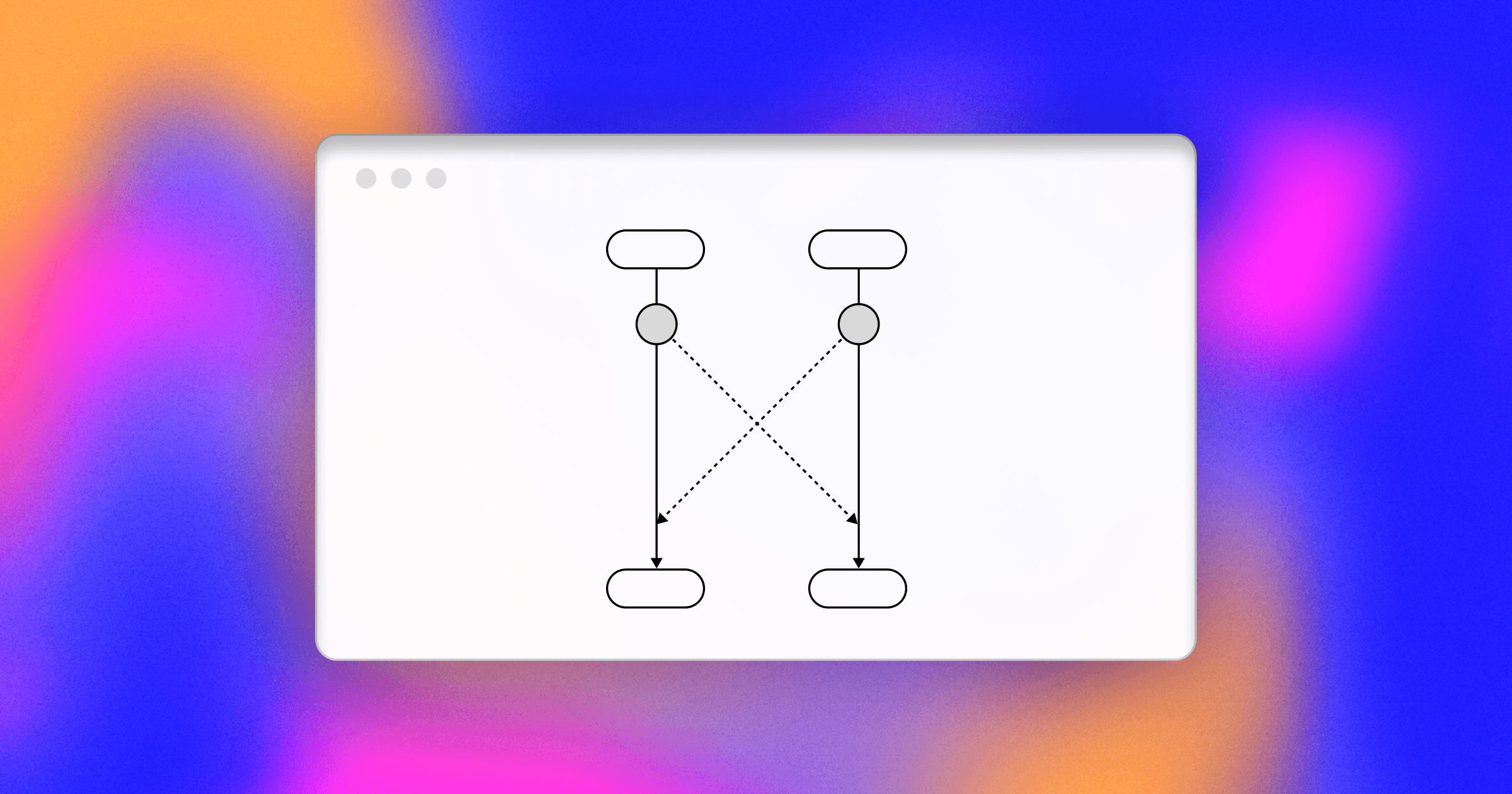

Just keep in mind that inheritance is nowadays a very contested feature. Even most people still invested in object oriented programming recognise that in hindsight inheritance was mostly a mistake. The industry as a whole is also making a shift to move more towards functional programming, in which object orientation as a whole is taking more of a backseat and inheritance specifically is not even supported anymore. So yeah, take the chance to learn, but be cautious before going into any one direction too deeply.





Yeah, I mix them too, although I apply quite a bit of functional techniques especially at the architectural level as well. OO I use mostly for dealing with I/O and other areas where statefulness cannot be avoided.
If you’re interested, I also wrote an in-depth blog where I touch on these topics: https://arendjr.nl/blog/2024/07/post-architecture-premature-abstraction-is-the-root-of-all-evil/